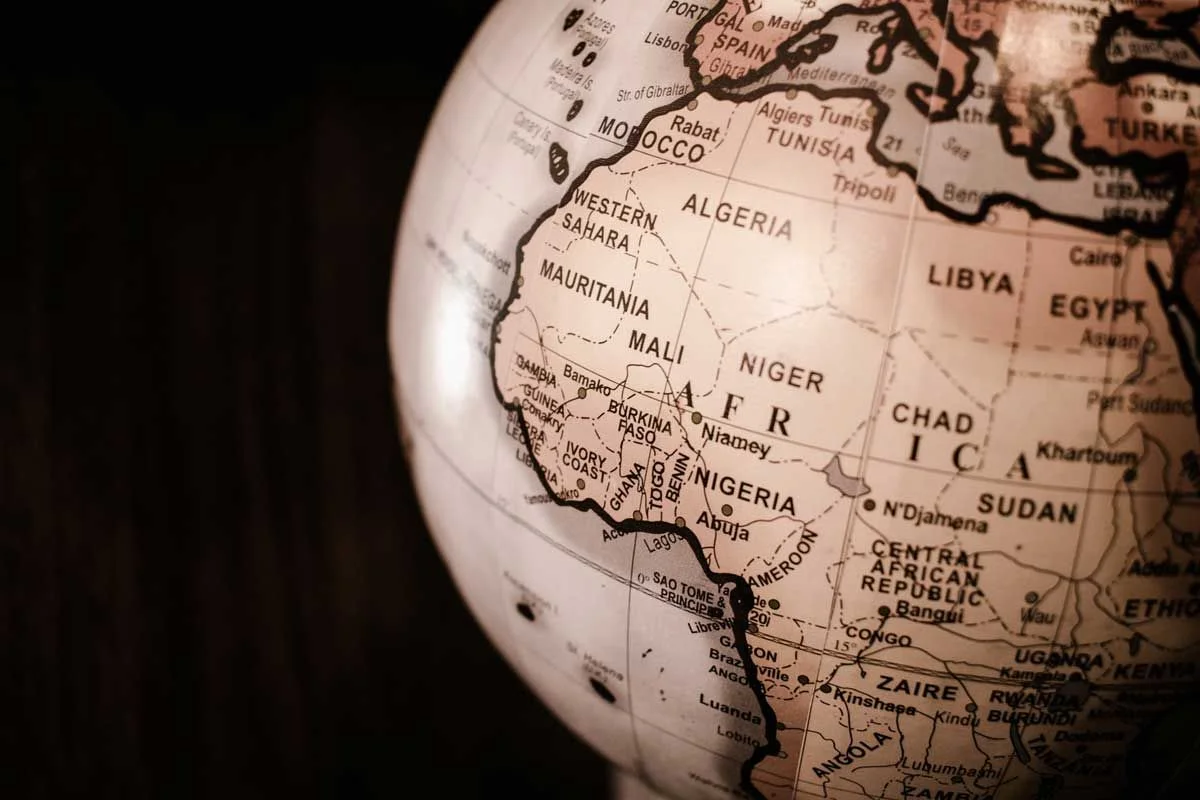Investment Dynamics in North and West Africa: Economic Strategies and Geopolitical Implications
120
9/16/2025

Spain's commitment to provide €300 million in financing to Mauritania, coupled with an additional €200 million from the EU earmarked for bolstering control over illegal migration from sub-Saharan Africa, signifies a significant injection of funds into one of the poorest Arab nations. With a GDP of only $10.3 billion and a relatively small population of 4.2 million people, Mauritania stands to benefit immensely from these substantial sums, especially considering its recent economic growth averaging between 5-7% annually.
Despite its economic strides, Mauritania remains a nation marked by socio-political complexities, particularly concerning its demographic makeup. The predominant power structure is held by the Beydans, or white Arabs, constituting 30% of the population, who occupy key military, political, and elite positions. Following them are the Haratin, black Arabs comprising 40% of the population, who occupy less privileged roles within the diplomatic corps, bureaucracy, and military hierarchy.
The remaining 30% of Mauritania's populace comprises non-Arab ethnic groups from West Africa, primarily Senegal, often regarded as descendants of Arab Moorish slaves and relegated to the lowest socioeconomic strata. This segment forms the backbone of the unskilled labor force, grappling with issues of illiteracy and marginalization within Mauritanian society.
Meanwhile, Morocco faces its own economic challenges, particularly in its agricultural sector, with exports to the EU under threat due to internal unrest and protests among farmers. The Federation of Transport and Logistics of Morocco, in collaboration with various trade unions, is urging government intervention to address grievances stemming from price dumping by Moroccan companies, which has led to a decline in exports of fruits and vegetables to the EU.
Furthermore, escalating tensions in Europe have prompted international transport companies to hesitate in facilitating Moroccan exports, fearing potential attacks on shipments. This disruption poses a significant threat to Morocco's agricultural trade relations with the EU, with reports emerging of Spanish farmers overturning boxes of Moroccan tomatoes amidst the turmoil.
Amidst these challenges, Moroccan conglomerate Cimaf's venture into Mali with the construction of a new cement plant in the Sikasso region signals a notable development in regional economic dynamics. The project, aimed at meeting Mali's rising demand for cement and aligning with the government's vision of positioning the country as an industrial hub in West Africa, underscores the potential for cross-border investments to drive economic growth and employment opportunities in the region. As Mali seeks to advance its construction sector and foster industrialization, initiatives such as the cement plant project hold promise for facilitating sustainable development and enhancing regional integration.
Expanding on the socioeconomic implications, the influx of funds into Mauritania and Morocco not only addresses immediate economic challenges but also carries broader geopolitical implications. Spain and the EU's financial support to Mauritania aims to strengthen migration control, reflecting efforts to manage the flow of migrants from sub-Saharan Africa, mitigate humanitarian crises, and address security concerns. By investing in economic development and security measures in the region, the international community seeks to foster stability and cooperation, ultimately contributing to global peace and prosperity.
Moreover, the dynamics of Morocco's agricultural sector underscore the intricate interplay between domestic policies, international trade relations, and socioeconomic stability. The protests by Moroccan farmers and disruptions in agricultural exports highlight the vulnerabilities inherent in global supply chains and the need for resilient economic strategies that prioritize local livelihoods while navigating international market pressures.
In Mali, Cimaf's cement plant project represents a strategic investment with far-reaching implications for regional infrastructure development and industrialization. By leveraging Mali's potential as a manufacturing hub, the project not only addresses domestic infrastructure needs but also contributes to regional economic integration and diversification.
Overall, the initiatives undertaken in Mauritania, Morocco, and Mali underscore the multifaceted nature of economic development in the region, emphasizing the importance of targeted investments, sustainable policies, and collaborative efforts to address complex challenges and unlock opportunities for growth and prosperity.
Are there any questions or do you need advice?
Leave a request
Our expert will contact you to discuss tasks, choose solutions and be in touch at each stage of the transaction.

